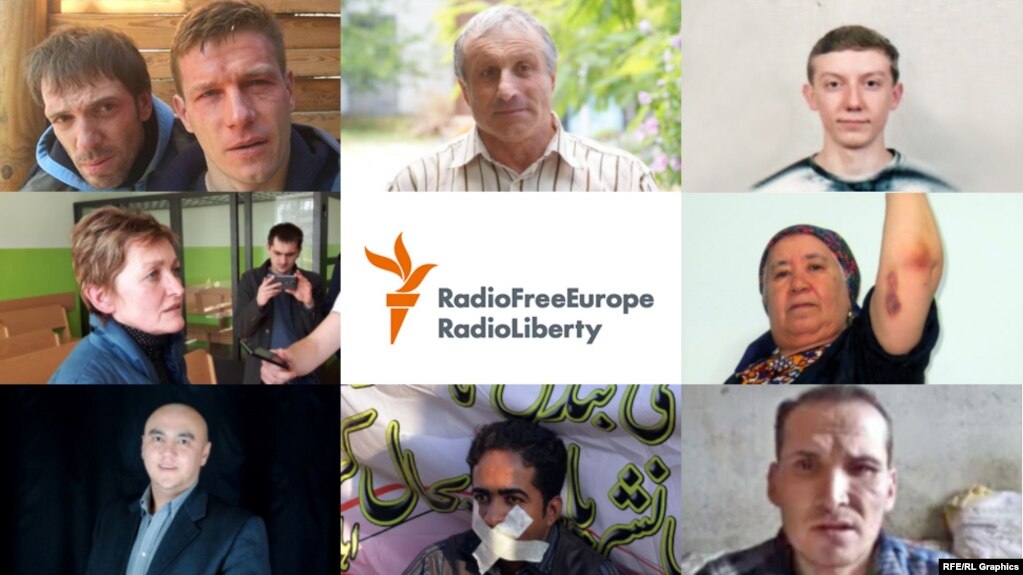RFE/RL Reporters Faced ‘Relentless Pressure’ In 12 Of 23 Countries In 2017

Washington, D.C. — Radio Free Europe/Radio Liberty (RFE/RL) journalists have been targeted in no fewer than 38 incidents in at least 12 of the countries they cover in 2017, in what the company has called “relentless pressure” on its journalistic mission.
“We report on local politics, social issues, corruption, wars, and extremist movements in places where both governments and nonstate actors would prefer to control the media,” said RFE/RL President Thomas Kent. “Our reporters take enormous risks because they believe their work matters and that free societies need a free press.”
The number of incidents represents an increase over previous years, and coincides with a recent report by the Committee to Protect Journalists (CPJ) that says the record number of journalists jailed worldwide this year is indicative of “a global crisis in freedom of the press.” RFE/RL reporters work in many of the countries where CPJ documented imprisoned journalists, including Azerbaijan, Iran, Russia, Uzbekistan, Kazakhstan, Pakistan, Ukraine, Turkmenistan, and Kyrgyzstan.
Among the most serious cases, RFE/RL contributor Mykola Semena is serving a 2.5 year suspended sentence following a conviction on “separatism” charges in Russia-annexed Crimea. On December 18, the peninsula’s Supreme Court let stand Semena’s conviction and sentence, but reduced a ban on his “public activities” from three years to two. Blogger Stanislav Aseyev is being held virtually incommunicado by Russia-backed separatists in eastern Ukraine. Contributor Saparmamed Nepeskuliev is serving the last year of a three-year sentence in Turkmenistan. Aziz Yusupov, the brother of an RFE/RL journalist based in Prague, is serving a five-year sentence in Uzbekistan.
“Our colleagues and family members should be released immediately and allowed to do their work,” said Kent, adding that international rights groups have condemned each of the cases as politically motivated.
In most of the incidents documented this year, RFE/RL journalists have been summoned or detained by authorities for questioning, or faced warnings by law enforcement officials and persons in plainclothes while on assignment. Reporters with RFE/RL’s investigative Schemes team in Ukraine have been roughed up on numerous occasions, and their equipment has been confiscated or broken. In Pakistan, correspondents have been vilified, threatened, and kidnapped by militant groups, state security agencies, and criminal gangs. Correspondents have been harassed and threatened with the loss of accreditation in connection with their reporting in Belarus, Russia’s Tatarstan region, and Tajikistan. Family members of reporters working for Current Time TV and RFE/RL’s Iran, Uzbek, Turkmen, Azerbaijani, and Russian services have been threatened.
Online attacks have further threatened the security of RFE/RL journalists in 2017. The implications for RFE/RL journalists of Russia’s December 5, 2017 designation of RFE/RL and several affiliated news services as “foreign agents” remain unclear.